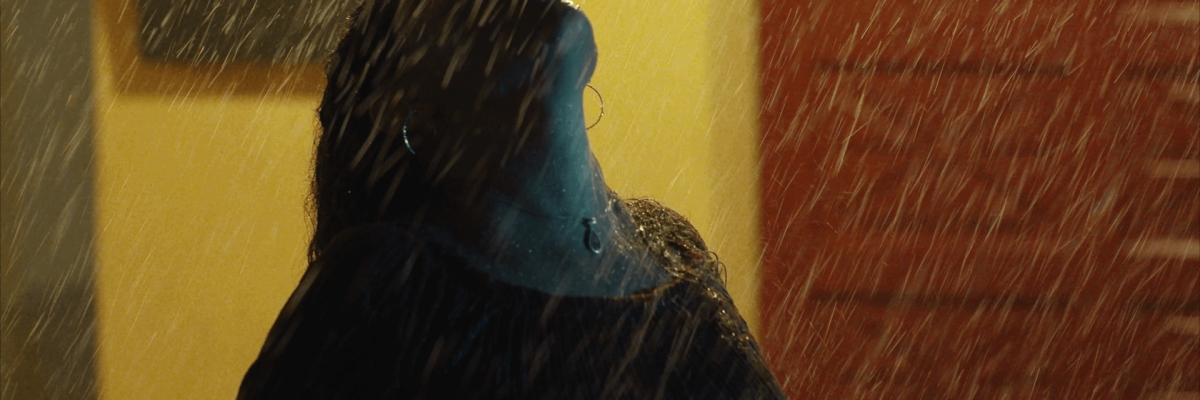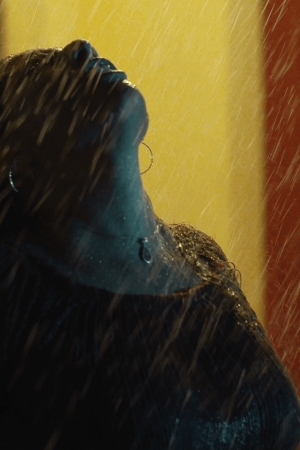Tools For After is a cultural project that won the first Capitali della Creatività [Capitals of Creativity] competition, promoted by the Ministry of Foreign Affairs, aimed at both the Italian Cultural Institutes and the Italian diplomatic-consular network, worldwide. The project, created by Angelo Gioè, the current director of the Italian Cultural Institute in Beirut, and curated in its entirety by architect Maurizio Corrado, was presented by the Italian Cultural Institute in Melbourne, the Italian Cultural Institute in Beirut (Design), and the Italian Cultural Institute in Sofia (Design), and will soon be presented by the Italian Cultural Institute in Belgrade. The initiative showcases the Italian approach to tackling the challenges of the Anthropocene.
The Anthropocene is a method of reading reality. Everything is changing: the economy, how to think and make culture, the very view of the world and the human being’s place in the cosmos. The issues, fears, needs, concepts, rules, scenarios and discourse on which our culture is based have suddenly become obsolete and unusable. The point of no return is behind us; we have entered the aftermath.
What can we do? What are the tools for the after? What scenarios await us? What issues need to be addressed? We need to imagine.
TFA is a workshop of ideas, solutions, projects, imaginings, models and tools to draw a collective map of the imaginary of the Anthropocene, a collaborative exploration of possibilities, solutions and ways to deal with everyday practice. It is a call to a utopia, to develop the imaginary, to propose ideas, and to build a survival manual for the world’s coming transformations, an atlas of solutions, a range of strategies.
After Tools for After Design at Sursock Palace this last spring, the Italian Cultural Institute of Beirut, in collaboration with Metropolis Art Cinema Association, presents Tools For After Cinema, a selection of the most interesting proposals of new Italian cinematography, presented to Lebanese audience. The six days of cinema work around themes related to the Anthropocene. The selection was curated by Maurizio and Antar Corrado, along with Elisa Roncalli.
Fiction Session 1 (79 min)
SEACABÒ, by Antar Corrado, 12 min
In the middle of an ordinary day, the line is crossed and the inexorable extinction of the human race begins. A girl is on her way to a business meeting when she hears a voice tenderly warning her that it is now over.
Production Year: 2019
68.415, by Antonella Sabatino and Stefano Blasi, 20 min
In a world without food and overrun by plastic, the Zigle Clinic experiments with a new method of nutritional re-education. Giulia attends group sessions led by the exuberant nurse Isolde. But behind the manipulative nursery rhymes and encouragement lies an unimaginable truth.
Distribution: Premiere Film
Production Year: 2022
THEN & NOW, by Giulia Tata, Antonino Torrisi, 18 min
In a dystopian future, aliens fleeing from a destroyed planet have peacefully invaded Earth, presenting themselves as bringers of progress and new technologies and immediately gaining the full cooperation of humans. Afel, an Earth boy with no home or roots, witnesses as he travels the world how the human race has become increasingly subjugated and enslaved in the name of progress, ultimately destroying the planet and its ecosystem. Involved in the protests and subsequent clashes between humans and aliens, Afel will eventually make the decision to take sides and fight for the salvation of humanity.
Production Year: 2018
IN HER SHOES, by Maria Jovine, 19 min
In a world turned upside down, where women hold positions of power and men take care of the family, Domenico tells his daughter about himself, beginning with a tender memory. In a letter, she relives the joy of her birth, her childhood, the dreams of a happy family, but also the painful renunciation of her father and her husband, both of whom stifled her real aspirations and desires. Through archival images, In Her Shoes rewrites history: men united in a liberation movement. The images of our past no longer tell us who we are, but here they present us with a challenge. What would men have done if they had found themselves in women’s shoes? Would they have banded together to make their voices heard? And would women have stood by and watched or would they have become aware of their privilege?
Production Year: 2019
MEDUSA, by Antar Corrado, 10 min
The world is ruled by artificial intelligence that takes the form of mirrors; it raises humans, educating them to its needs. A little girl, growing up with the idea of becoming immortal like her “mother”, discovers the existence of an immortal jellyfish and decides to transfer her consciousness to the animal. It is the beginning of an evolutionary leap that will allow our species to survive in a world now under water.
Year of production: 2020

















